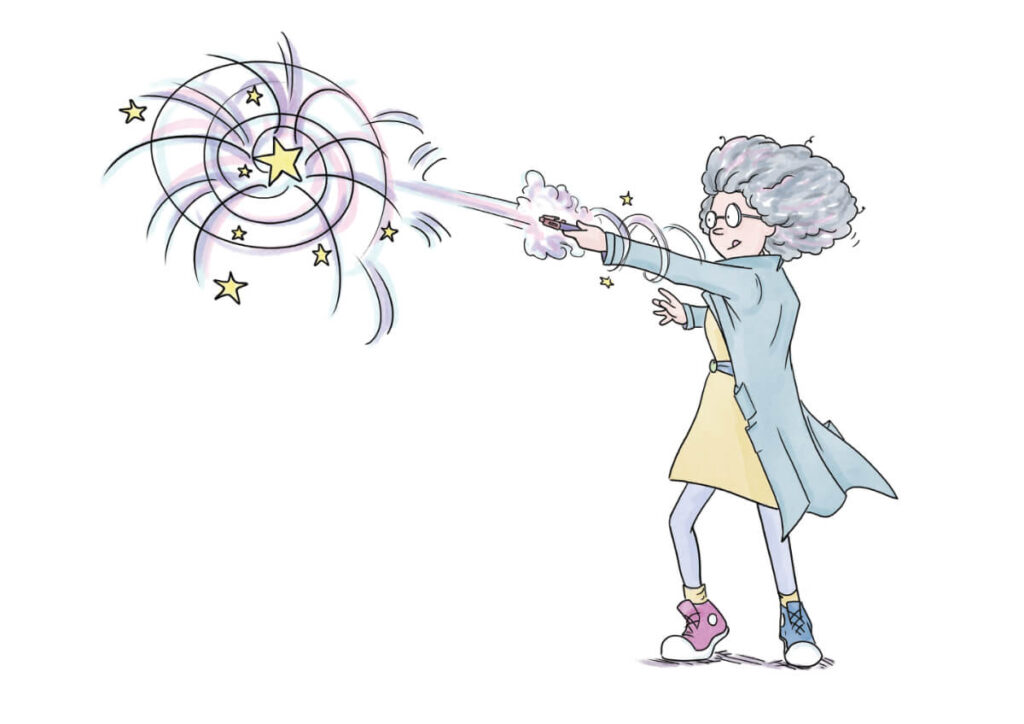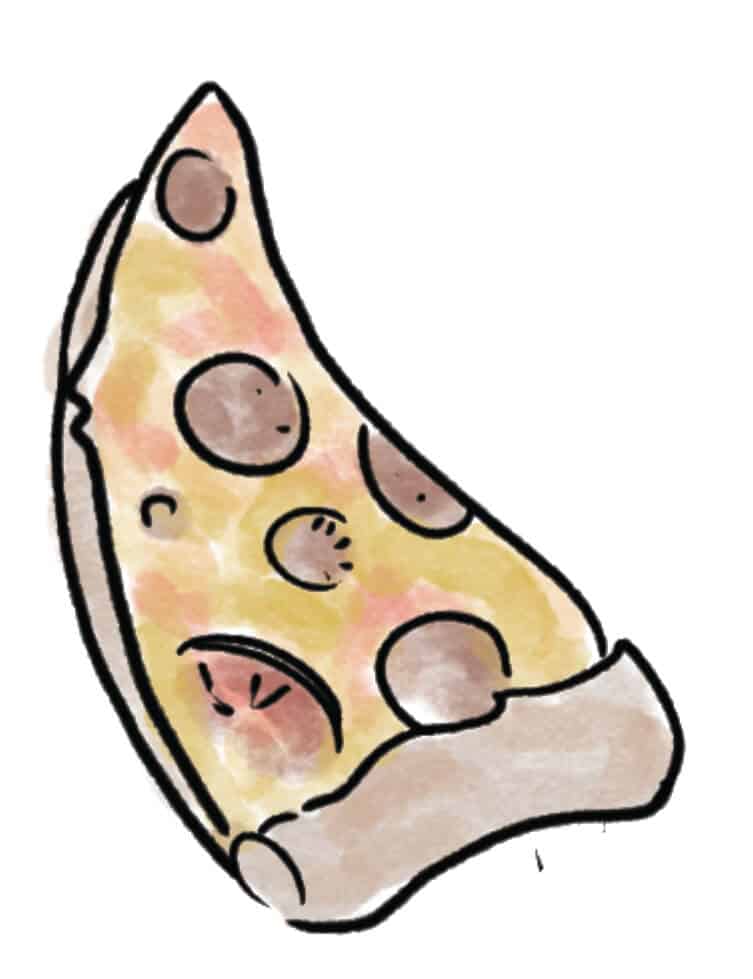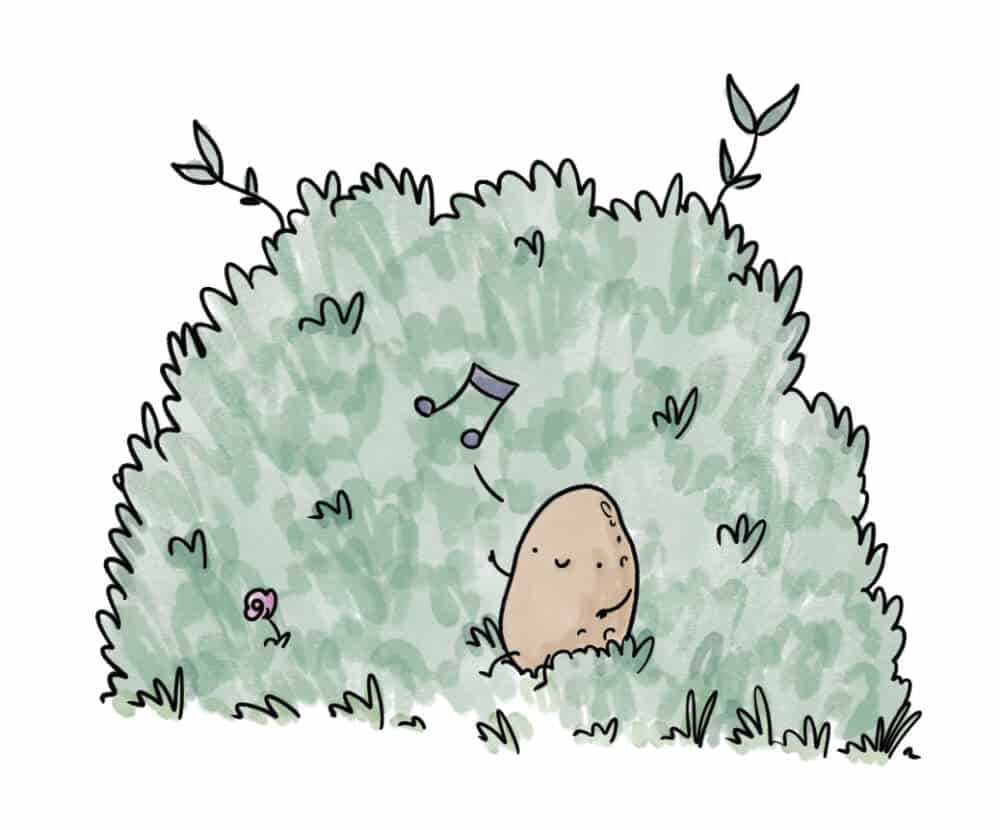THE Professor’s...
Brain Dump

Being a BIG thinker, professor poplicola has a lot going on in her brain
sustainability fooD systems
Today, with one-third of all food produced globally ending up lost or wast- ed and more than three billion people unable to afford healthy diets, the question of how we produce, trade and consume food in a sustainable manner has come to the fore.
As the global population continues to rise, this cycle, which is known as a ‘food system’, is failing in its primary purpose to end hunger and deliver food security and nutrition for all.
As the UN Secretary General has said, “In a world of plenty, it is outrageous that people continue to suffer and die from hunger.”
We must transition towards a system that balances the need for food production with the urgent demand for climate action, sustainable agriculture and healthy, affordable, diets for all.
With most of the world’s extremely poor living in rural areas and relying on agriculture to survive, efforts to transform global food production go hand in hand with increasing the productivity and incomes of farmers. Doing so would lead to the restoration of degraded land and will prevent further deforestation for food production, helping mitigate the effects of climate change.
Before we even begin to address this, the next generation needs to understand how and where foods are grown both near and far and the benefits that these food systems bring as well as be mindful of how they can play their part in both understanding and valuing the food that they eat.
What does sustain-maintain-grow mean?
All living livings depend on the environment and the natural resources that come from the environment which include food, water, plants, and minerals.
It is important that the human impact on the planet doesn’t comprise the future needs of the planet.
Sustainability is important because we all live on this a planet which has limited resources for us all. And often we treat our planet like these resources are unlimited. It’s because, we all want the cheapest, fastest option possible, whether we’re thinking about food, clothes, or energy.
This means that we need to maintain or grow what we have while minimising the impact of this in order to sustain the planet.
What are the 3 tiers of food sourcing?
There are many ways to view sustainability but in terms of the foods we eat, we see that there are 3 tiers i.e. at home, the local farmer and then the global supply chain.
There are some foods which are easier to grow at home such as herbs and vegetables or those which we choose to support with purchasing local produce from farmers and those foods which we consume that are more challenging to grow locally, in the UK, foods such as avocados.
Perhaps now with climate awareness and seeking to improve our carbon footprint communities are looking to ‘grow their own’, numerous farmers markets are now a lively part of a town or village weekend market. We are encouraged to think about ‘growing local ‘.
Around the point on consumption, not only where our foods are sourced from, there is also the consideration of how much, as well as what we do with our waste and the circularity of our food systems. These are elements we hope to tackle as the Poplicola book series continues and we are always open to ideas from YOU!
What part can we play and what can we do?
If we take the first tier of what can we do? There are some little things that we can all do.
- grow our own veg, fruit, herbs.
- plant trees and fruit trees.
But we can also do other things such as:
- plant flowers and wild flowers, for Bees & Butterflies & Insects.
- ‘compost’ – throw all my fruit and vegetable scraps, lawn cuttings into a compost pile – this will enrich our soil.
- have Bat Box in our garden, Bats love to eat insects.
- encourage Hedgehogs in our garden, with a compost heap – where they can hibernate in the winter.
All over the country, there are lots of rewilding projects which are allowing nature to reclaim spaces and helping the land to recover from the damage we humans have caused.
So more than growing our own things sometimes, there are many activities we can do to make a positive contribution to the planet and our immediate surroundings. Most importantly to look after our soil.
Why is it important to look after the soil?
Soil puts food on our plates, purifies our water, protects us against flooding and combats drought.
It’s also key to tackling climate change as it captures and stores vast amounts of carbon.
Without healthy soils and certain insects there would be less food.

MORE TO BE DUMPED HERE
